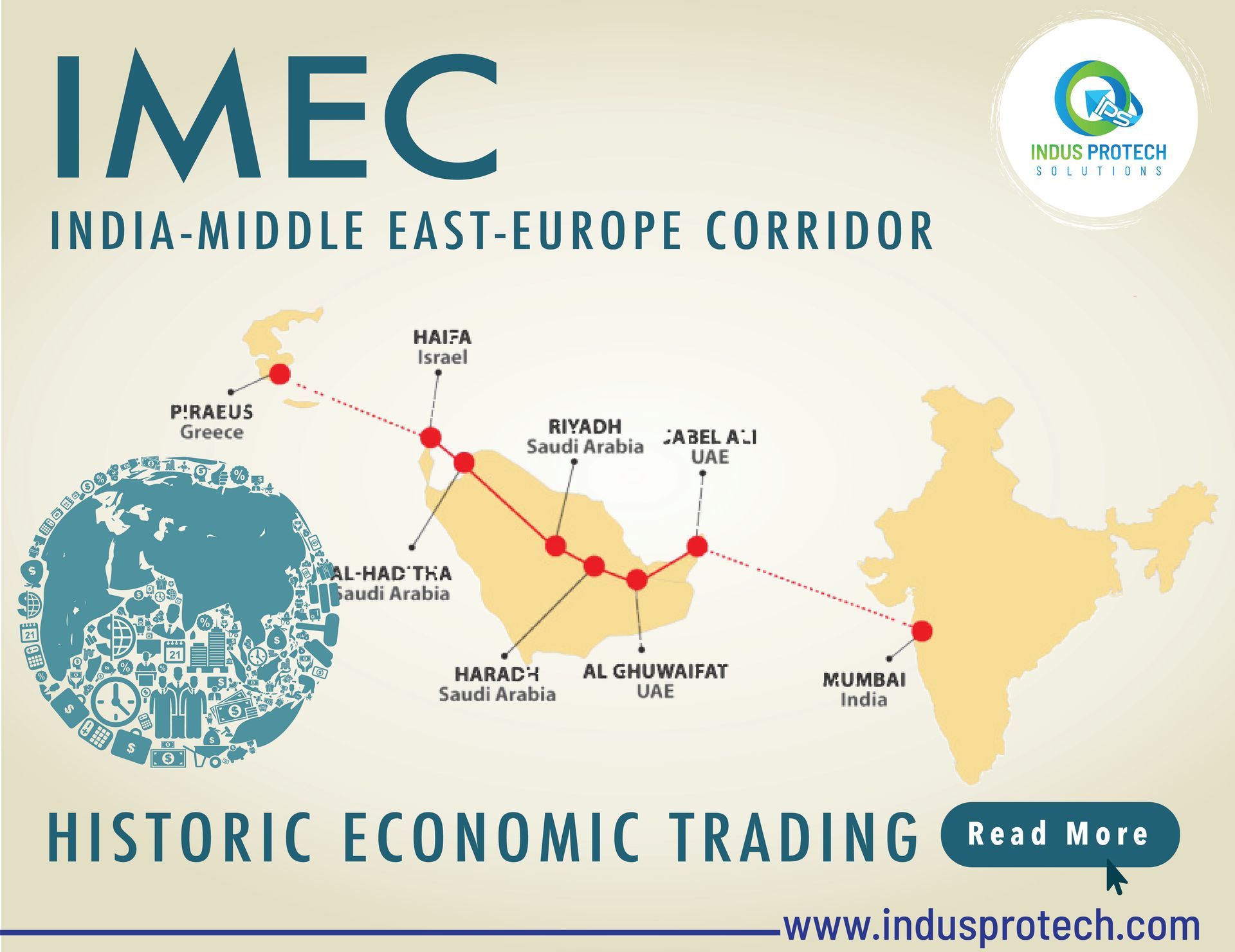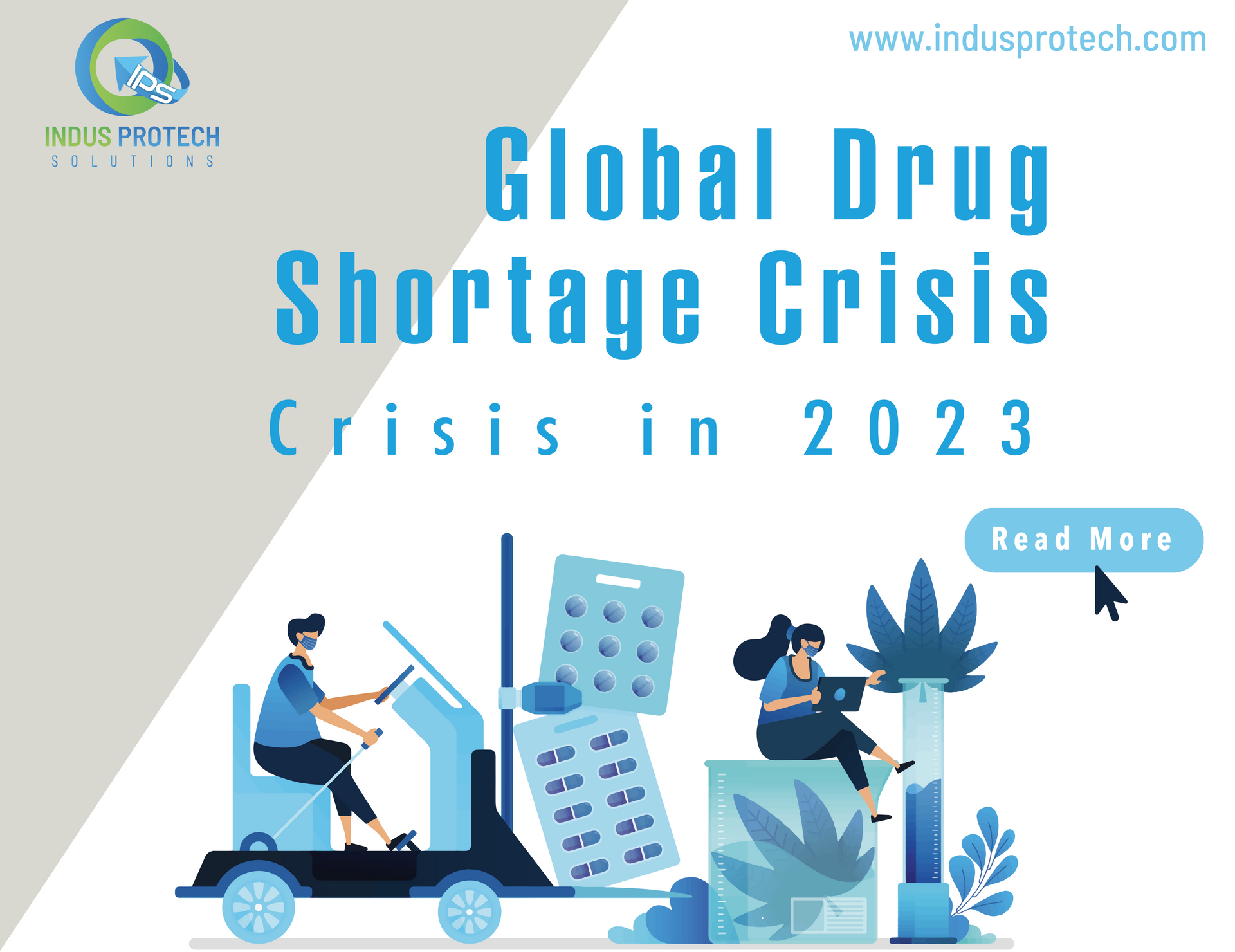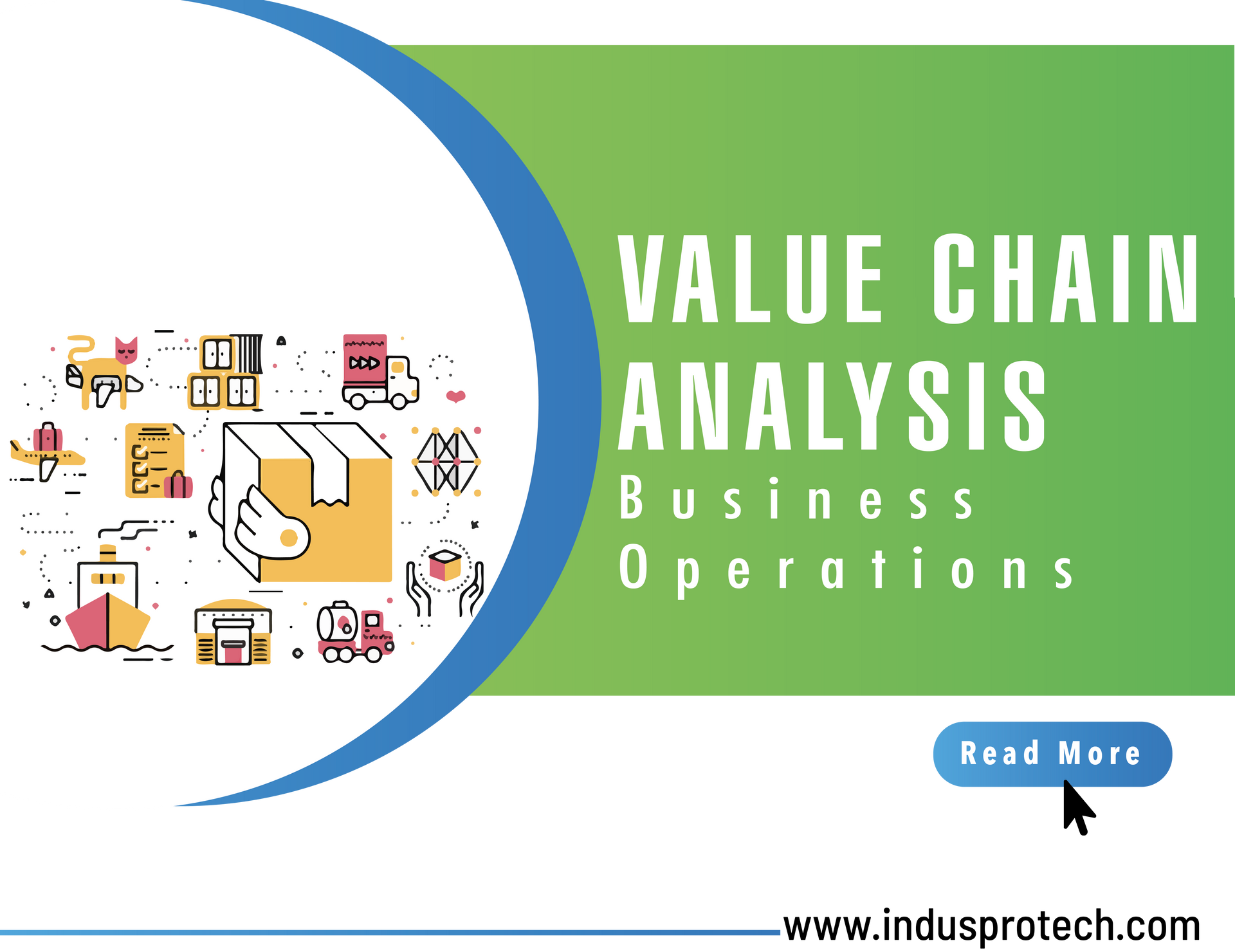For Enqiury Please E-Mail to info@indusprotech.com. Reach us at +91 44-22 511 522
For Enqiury Please E-Mail to info@indusprotech.com Reach us at +91 9360558441
How Logistics Trends in 2023 are Changing the Game

Imagine a world where products are magically transported from warehouses to your doorstep, where supply chains are so efficient that delays and errors are a thing of the past. Well, we're not quite there yet, but the logistics industry is rapidly evolving, bringing us closer to that dream. With advancements in technology, changes in consumer behavior, and the growing demand for sustainable solutions, the logistics industry is transforming before our very eyes. As we head into 2023, it's essential to stay up-to-date with the latest trends shaping the logistics industry. In this blog, we'll take a closer look at some of the most significant trends that are transforming logistics and supply chain management.
E-commerce and omnichannel logistics
The rise of e-commerce has revolutionized the logistics industry, leading to the development of omnichannel logistics strategies. With more consumers shopping online, retailers are seeking to provide a seamless shopping experience across multiple channels. This requires an agile and flexible logistics infrastructure that can manage the flow of goods between warehouses, stores, and customers.
To meet this challenge, logistics companies are investing in technology and automation, such as robotic picking and packing systems and real-time tracking and visibility. They are also adopting a more customer-centric approach, focusing on providing personalized and efficient delivery options, such as same-day and next-day delivery.
Digitalization and data-driven decision making
The logistics industry is becoming increasingly digitized, with the adoption of technologies such as IoT, AI, and blockchain. These technologies are enabling logistics companies to capture and analyze vast amounts of data, leading to more informed decision making and greater operational efficiency.
For example, IoT sensors can provide real-time tracking and monitoring of shipments, while AI-powered algorithms can optimize route planning and resource allocation. Blockchain technology can enhance supply chain transparency and security by creating a tamper-proof and immutable record of every transaction. RFID and GPS can also be utilized to make processes seamless and efficient.
Sustainability and green logistics
As consumers become more environmentally conscious, there is growing pressure on logistics companies to adopt more sustainable and eco-friendly practices. This includes reducing carbon emissions, minimizing waste, and using renewable energy sources.
To meet this challenge, logistics companies are investing in green logistics solutions, such as electric and hybrid vehicles, sustainable packaging, and circular supply chain models. They are also collaborating with suppliers and partners to create more sustainable supply chains, focusing on reducing the environmental impact of every stage of the logistics process.

Last-mile delivery and urban logistics
Last-mile delivery, the final leg of the logistics journey from the warehouse to the customer's doorstep, is becoming increasingly important as e-commerce continues to grow. However, delivering goods in urban areas presents unique challenges, such as congestion, parking restrictions, and environmental regulations.
To address these challenges, logistics companies are adopting innovative last-mile delivery solutions, such as micro-fulfilment centers, crowd-sourced delivery, and drone delivery. They are also working with city authorities and other stakeholders to develop urban logistics solutions that are efficient, sustainable, and socially responsible.
Collaboration and partnerships
Finally, the logistics industry is becoming more collaborative, with companies recognizing the benefits of partnerships and alliances. By working together, logistics companies can share resources, expertise, and best practices, leading to greater efficiency and innovation.
This trend is particularly evident in the e-commerce sector, where retailers are partnering with logistics providers to offer integrated logistics and fulfillment services. For example, Amazon has developed a network of delivery partners. There are numerous examples of market participants cooperating already. For many years, businesses like FedEx and DHL have collaborated with local small businesses and major postal providers. Yet, as new technologies emerge, collaboration may become much more dynamic.
In conclusion, the logistics industry is undergoing a period of rapid transformation, driven by technological innovation, changing consumer behavior, and the need for sustainability. To stay competitive in this fast-changing landscape, logistics companies must embrace these trends and adopt a forward-thinking approach to logistics and supply chain management. By doing so, they can deliver better outcomes for their customers, their employees, and the environment.

E-Subscribe to Newsletter content
We will get back to you as soon as possible.
Please try again later.










